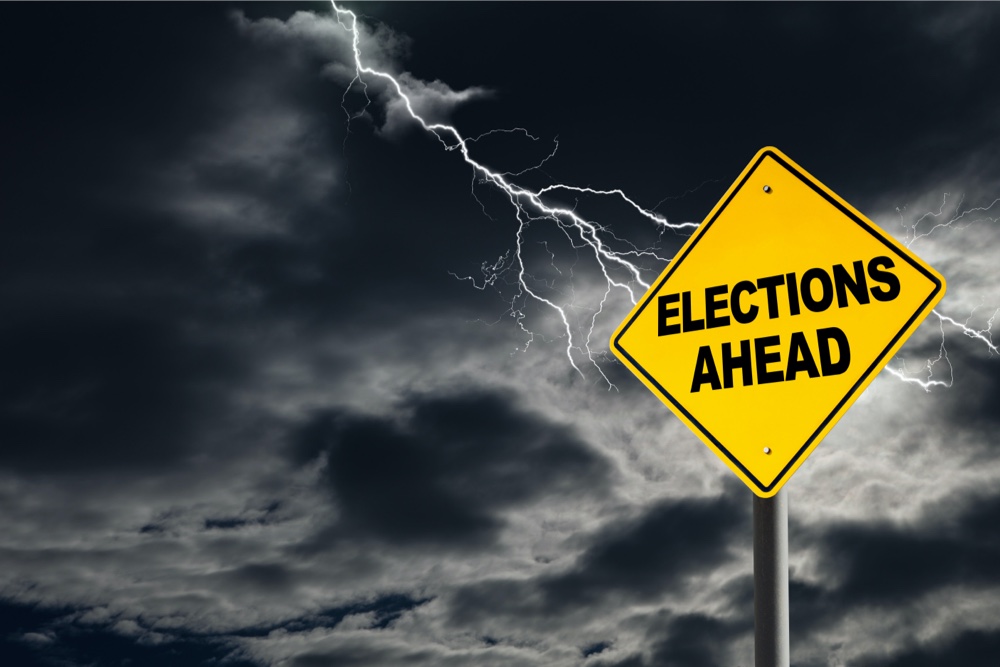Election stress - it doesn't need to be this way
Five ways to manage stress during these days
1. Limit social media and media exposure
Add to that the electoral stream of Memes, Youtube videos, Reels, Ticktocks, Twitter debates it’s easy to become overwhelmed with election stress.
You might even go on Instagram or Twitter to just “relax” and take a break from a hard day of work and find yourself fatigued after 20-30 minutes of scrolling on social media.

2. Live in the moment
Start your day by enjoying that cup of coffee, tea, or breakfast while doing NOTHING. Be bored and stare at the fridge for a moment. It is OK! Life awaits, and you can always get on that phone. These little steps go a long way and may add a little bit of calm to your day.
3. Distraction helps
News or political conversations may impact you; the election stress may hit your body. It is OK. Try to acknowledge the feeling and then move toward something else: another conversation, noticing the painting on the wall, noting things around you, even the color of items. Start a new small project, organize your cabinets, clothes, or something around the house or the office, which demands you to be away from your phone and possibly TV for the next few days. Listen to funny podcasts or start new shows that hooks you. Plan Zoom meetings with friends or small get-togethers over a glass of wine or two, with one rule: NO ELECTION TALK. If election talk does come up, try to set limits: “hey guys let’s talk about this for ten minutes and move on.”
4. Practicing acceptance
Acceptance can be hard, it may feel like defeat, you might feel helpless, and none of us like to feel that way. But guess what? When we hit a dead-end, we must change direction, and at that moment, we move on, start afresh, and new paths open. Just remember, feelings are just feelings NOT Facts.
5. You are not alone, this is not forever
As one of my wise mentors once mentioned: “change is the only constant in our lives.”
As much as we can be unhappy or dissatisfied with the outcome of a life event, an election, or the impact of COVID-19, change is inevitable. Knowing we are not alone, adapting and moving on is the only way forward. For some it will feel good, and for others, bad, but as we progress through life, the stress disappears, the anxiety passes as new opportunities for change emerge.


